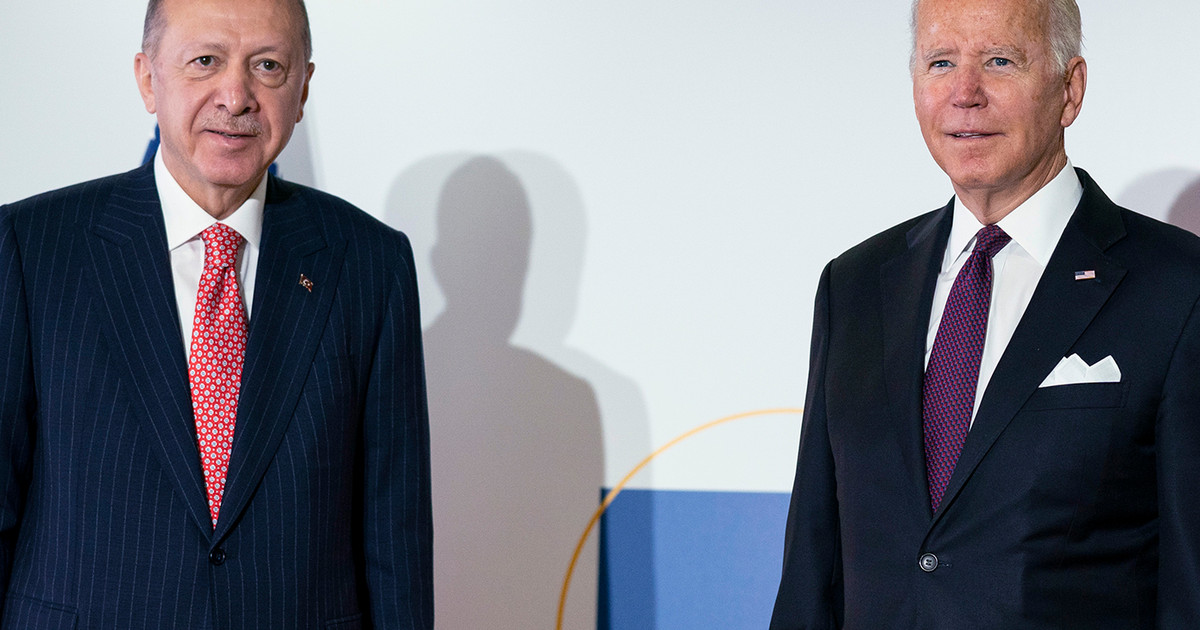A single blood donation can benefit up to four people. The maintenance of public blood bank stocks depends on the regularity of donations.
According to a survey of CNN carried out based on information from the Health Departments and blood centers, 16 states and the Federal District have low or critical stocks in blood banks.
In addition to the DF, the shortage affects Minas Gerais, Rio Grande do Sul, Santa Catarina, Bahia, Pernambuco, Amazonas, Tocantins, São Paulo, Mato Grosso, Maranhão, Acre, Piauí, Sergipe, Goiás, Pará and Rondônia.
Another five states have normalized stocks, considering most blood types: Ceará, Rio Grande do Norte, Roraima, Paraná and Amapá. The states of Rio de Janeiro, Mato Grosso do Sul, Alagoas and Paraíba did not respond to the request of the CNN .
Criteria for donating blood
- Be fed and avoid fatty foods 3 hours before donation
- If after lunch, wait 2 hours
- Sleep at least 6 hours in the last 24 hours
- Be between 16 and 69 years old and weigh more than 50 kg
- Have donated before age 60, if aged between 60 and 69
- Maximum of four annual donations for men and three for women
- Minimum interval between one donation and another of two months for men and three months for women
Blood donation benefits people with thalassemia
Thalassemias are a group of chronic hereditary diseases associated with the reduction or absence of hemoglobin – a substance in red blood cells responsible for transporting oxygen to the body.
People with thalassemia may experience a variety of symptoms, including persistent anemia, a pale appearance, an enlarged spleen, cardiac and endocrine disorders, growth retardation, and recurrent infections.
According to the Ministry of Health, the treatment and monitoring of these patients is usually carried out by the National Hematology and Hemotherapy Network (Hemorrede), integrated by the State Coordinating Blood Centers and regional blood networks.
The treatment helps to avoid complications of the disease that, in more severe cases, can lead to the need for bone marrow transplants.
Patients with the severe anemia type of thalassemia require blood transfusions on a regular basis, usually every 20 days, on average, forever, from the first days of life.
The Unified Health System (SUS) offers comprehensive care, from diagnosis, monitoring and bone marrow transplantation when indicated.
According to data from the Ministry of Health, until April 930 patients with the disease were registered in Brazil. Among patients, about 36% are between 20 and 39 years old.
Source: CNN Brasil






